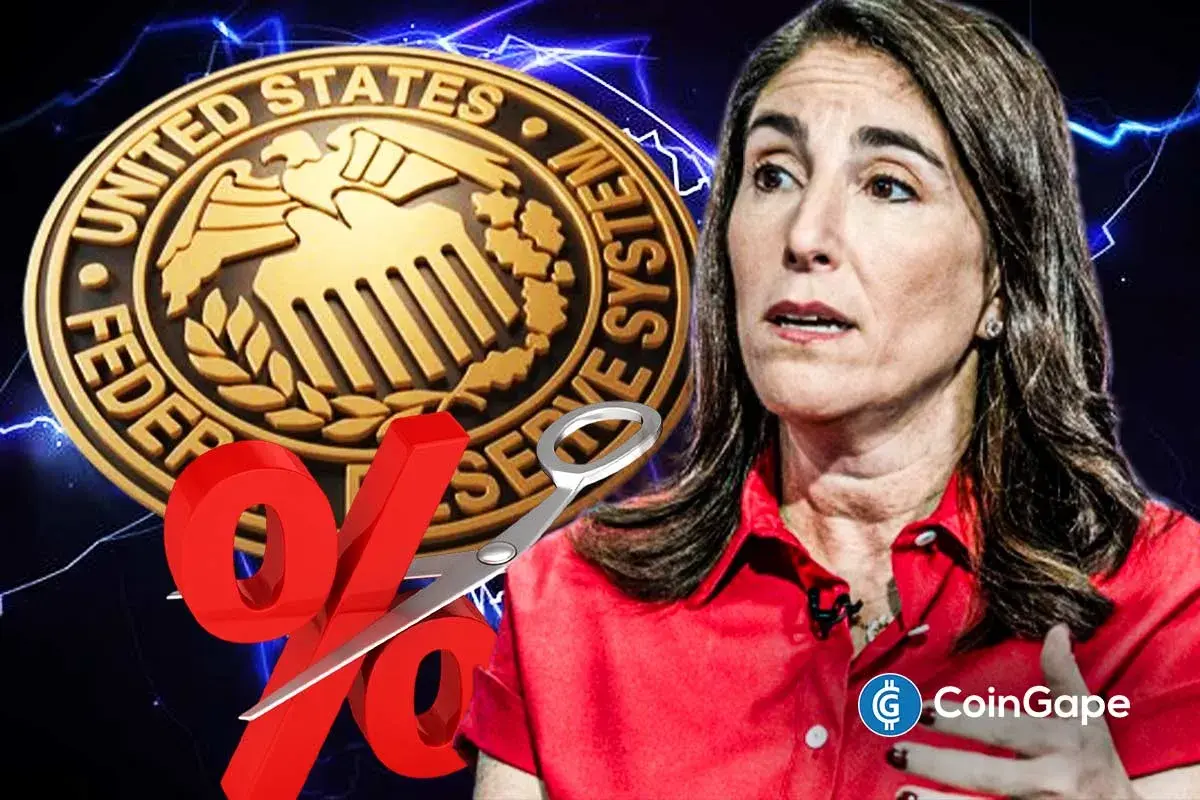Why UAE-Based M2 Crypto Exchange Lost $13.7M in Hack

Highlights
- M2 Crypto Exchange faced a $13.7M cyberattack targeting its hot wallets, affecting BTC, ETH, and Solana.
- Cyvers tracked the stolen funds, noting $10M remains in ETH while M2 reimbursed affected users.
- Crypto hack incidents on CEXs surged by nearly 1,000% year-over-year, highlighting security gaps.
UAE-based crypto exchange M2 crypto exchange recently encountered a cybersecurity breach, resulting in the loss of $13.7 million in digital assets. The incident occurred on October 31, at around 3:16 AM local time, as the exchange reported a targeted attack on its hot wallets across multiple blockchain networks, including Bitcoin, Ethereum, and Solana. Despite a quick response from the crypto exchange security team, a significant portion of assets was moved before the breach was contained.
M2 Crypto Exchange Faces $13.7 Million Cyber Attack
According to reports, the cyberattack on M2 crypto exchange targeted three hot wallets holding Bitcoin, Ethereum, and Solana assets. Blockchain security firm Cyvers tracked the stolen assets to a single address, which converted them into Ethereum, totaling around $13 million.
Moreover, the hacker drained approximately $3.7 million in USDT, 97 million SHIB tokens, and 1,378 ETH, of which $10 million remains on the Ethereum network. However, M2 Crypto Exchange managed to prevent further losses.
This breach highlights the increasing risks associated with managing digital assets in hot wallets, which are constantly online. Crypto hack incidents such as this one expose gaps in security protocols that exchanges need to address.
Following the attack, the M2 crypto exchange issued a public statement reassuring customers of its commitment to full fund restoration. The exchange confirmed that affected assets were swiftly reimbursed and that it has implemented reinforced security measures. Operations continued as usual, with UAE-based crypto exchange prioritizing enhanced security protocols to protect against further breaches.
Rising Crypto Hack Concerns
The M2 crypto exchange incident is part of a broader trend in which centralized exchanges (CEXs) face increasing cyber threats. According to Cyvers, crypto hack incidents on CEX platforms have surged nearly 1,000% year-over-year, even as decentralized finance (DeFi) platforms reported a 25% reduction in losses. Blockchain projects, especially centralized platforms, remain attractive targets for cybercriminals due to the large volumes of funds.
For example, in October alone, CoinGape reported a surge in crypto hacks, spotlighting vulnerabilities in the sector as attacks escalated. Notably, incidents like the $4.5 million hack on Tapioca DAO, a $50 million breach impacting Radiant Capital, and Transak’s data breach affecting 57,000 users underscore the growing risks faced by both DeFi and CeFi platforms.
The rise in crypto hack incidents has prompted security experts to recommend robust countermeasures, including AI-driven monitoring, frequent audits, and incident response plans. In addition, M2 exchange highlighted its dedication to compliance and security standards, working closely with the UAE’s Financial Services Regulatory Authority (FSRA).
- Fed’s Hammack Says Rate Cuts May Stay on Hold Ahead of Jobs, CPI Data Release
- $800B Interactive Brokers Launches Bitcoin, Ethereum Futures via Coinbase Derivatives
- Michael Saylor Says Strategy Won’t Sell Bitcoin Despite Unrealized Loss, Will Keep Buying Every Quarter
- BlackRock Bitcoin ETF (IBIT) Options Data Signals Rising Interest in BTC Over Gold Now
- XRP and RLUSD Holders to Access Treasury Yields as Institutional-Grade Products Expand on XRPL
- Bitcoin Price Analysis Ahead of US NFP Data, Inflation Report, White House Crypto Summit
- Ethereum Price Outlook As Vitalik Dumps ETH While Wall Street Accumulates
- XRP Price Prediction Ahead of White House Meeting That Could Fuel Clarity Act Hopes
- Cardano Price Prediction as Bitcoin Stuggles Around $70k
- Bitcoin Price at Risk of Falling to $60k as Goldman Sachs Issues Major Warning on US Stocks
- Pi Network Price Outlook Ahead of This Week’s 82M Token Unlock: What’s Next for Pi?
















